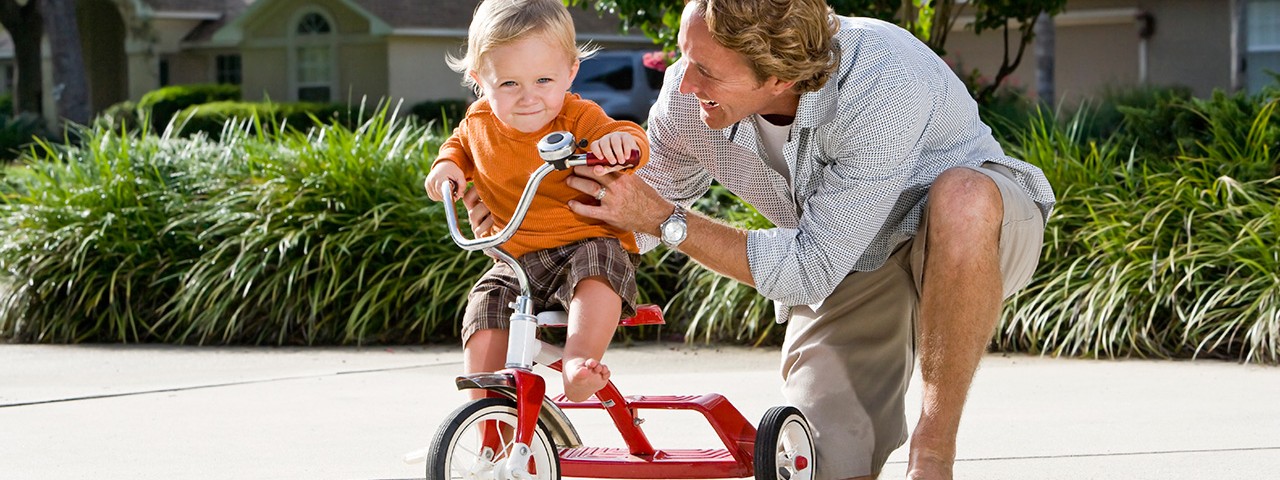Confidence Creates Success
- Tweet

As parents and caregivers, we want our children to do many things. We want them to succeed, we want them to achieve, we want them to make good decisions, we want them to be kind and productive members of society.
But if we boil these aspirations down to one essential hope for our kids, isn’t it that our children will be happy and content with the ‘self’ that they inhabit, and will treat that self with care, respect, and confidence?
It’s a hope that all parents share, but perhaps more than happiness is at stake. Your child’s path through childhood and into adulthood is shaped by the self-confidence you give her in the first years of her life.
#SelfConfidence creates success for kids!Tweet this!Self-Esteem and Early Childhood Development
Science has a lot to say about the impact of healthy self-esteem on the human animal. One of the most obvious benefits shows up in study after study: people reporting higher levels of self-confidence tend to be healthier, treating themselves better compared to people who report lower self-confidence.
But there is another outcome, more difficult to track, that has roots in the subtle but important interactions we parents have with our children in their earliest years. The confidence we give them in this early period has an impact on their social success for the rest of their lives.
During these first three years, your child develops a sense of safety and assurance that you are ready, willing and able to meet her needs. Scientists call this attachment, and it is a crucial part of early development. The research says that self-esteem appears to be strongly influenced by the quality of early attachment. Children who develop secure, healthy attachments in infancy with their primary caregivers (usually one or both parents) tend to show high marks on later tests of self-confidence, while early attachment problems are associated with later low self-esteem and lack of confidence.
The Cycle of Self-Esteem
In both scenarios, these beginnings have snowball effects. Without this healthy attachment in early childhood, a child’s sense of insecurity might lead to a tendency to withdraw from social interactions, stifling her intellect and creativity. Parents may treat a shy, withdrawn child differently, sheltering her in a bubble of parental protection. While the parents have the best intentions, this could be the beginning of cycle in which the child’s lack of confidence in herself is confirmed by the people closest to her. She may also encounter less acceptance by other children, further enforcing the cycle of low self-confidence.
By contrast, a securely attached infant is likely to grow into a confident child who knows she is capable and leaps into challenges with gusto. Her parents are less likely to become overprotective, and her aura of confidence promotes social competence with peers and teachers. It can also make her a more effective learner: she shrugs off early failures, adapts her approach, and persists until she gets it right. In the early years, this might involve a simple task, like getting into a jacket with her arms in the correct sleeves. But later, the same self-confident tenacity helps her through tough school courses, college entrance exams, a long job hunt in a tough economy.
Start building self-confidence early by opening your senses to your child’s world. Listen and respond to her observations and worries. Talk her through the steps of a tough task. Let her fail in safe settings, but be there with a subtle guiding hand before serious frustration sets in. Rather than doing all things perfectly for your child, try, whenever appropriate, to simply be there while she slowly learns how to do it her way. The sense of mastery she gains by doing for herself — even with a little help from you — will help build the self-confidence she needs for a lifetime of success.
This article was originally published by Memphis Parent.
